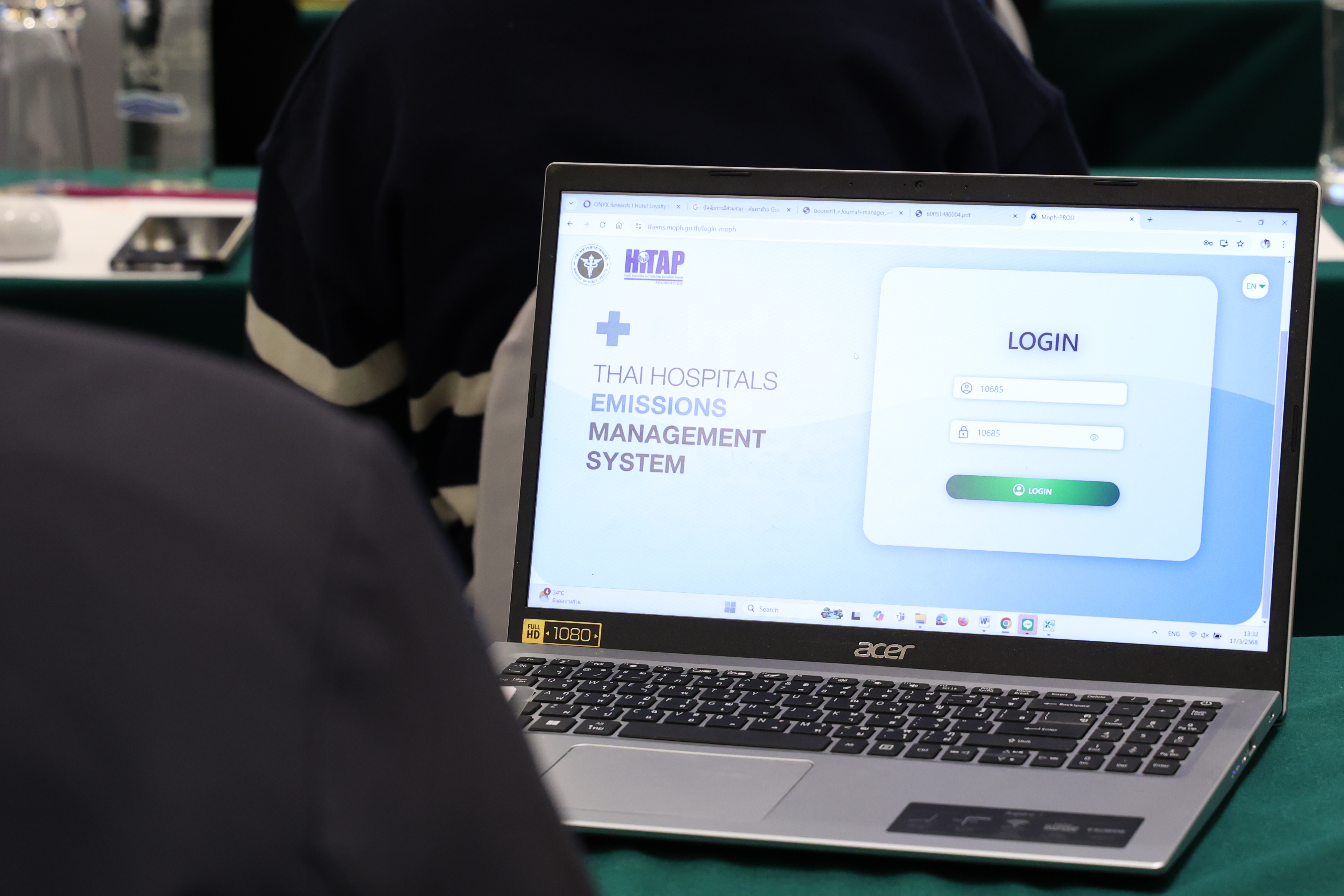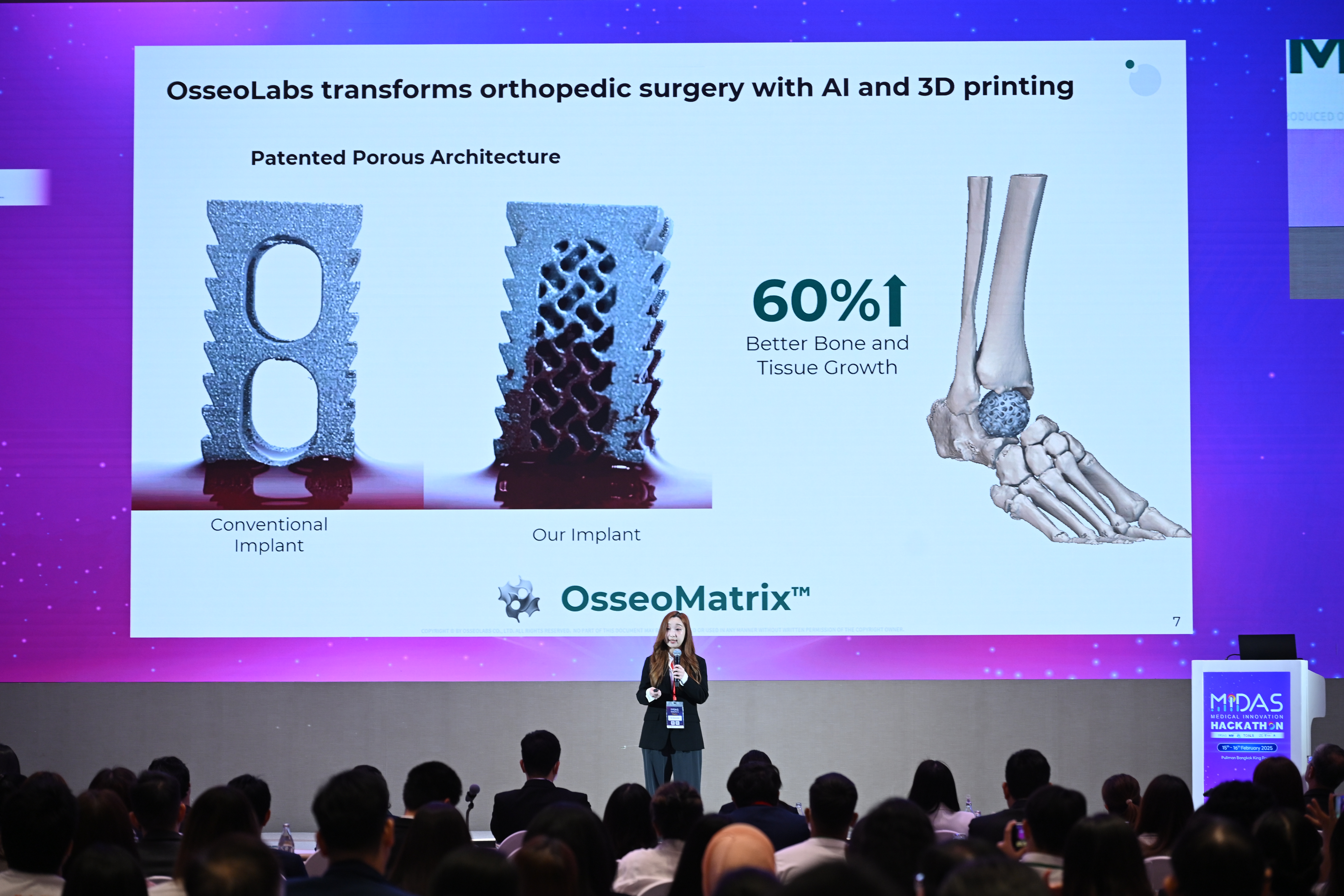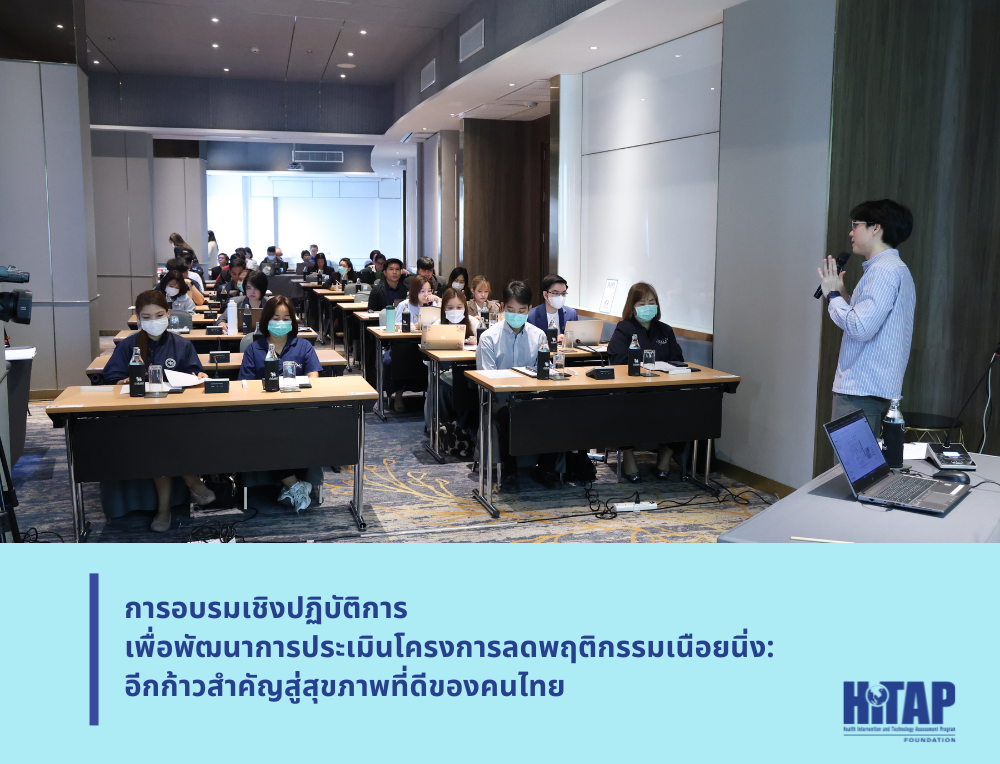We all get headaches from time to time and most of us reach for a painkiller when we do. But guidelines published on Wednesday by the National Institute for Health and Clinical Excellence (Nice) are warning that painkillers may be exacerbating rather than curing the problem.
Solid evidence is hard to come by, but I wonder whether our modern lifestyles – with hours spent hunched over screens and mobiles clamped permanently to ears – may be contributing to the growing number of people, especially adolescents, who turn up at my GP surgery worried about their headaches.
Many of these patients are taking handfuls of painkillers in a typical week. Ibuprofen, paracetamol and codeine-based pills can all be bought cheaply over the counter. But codeine is constipating and habit-forming, ibuprofen can cause gastric irritation and possibly contribute to heart disease, and all of them can fuel rather than assuage headaches, if taken on a regular basis.
The advice we give is to stop the painkillers, either gradually or suddenly. Headaches will worsen initially, but subsequently improve over several weeks. If the headaches persist, it is important to work out why, identify and avoid triggers, treat specific underlying conditions such as depression or migraine, and rule out rare but potentially dangerous conditions such as brain tumours.
Ninety-six per cent of the population get at least one headache in their lifetime; 80% get episodes of tension-type headaches (TTH); 15% get migraines. The remaining causes, including brain tumours, bleeds and carbon monoxide, make up only a tiny percentage. Fewer than 1% of all headache sufferers referred to a neurologist will turn out to have a serious underlying cause. Headaches that come on soon after starting new medication may be due to the drugs. Blood pressure-lowering drugs such as amlodipine are common culprits.
A tension-type headache is the variety most of us would recognise. It can feel as if your head is in a vice, with pressure on both sides of the skull, especially at the temples. The whole scalp can feel sensitive, so even brushing your hair hurts, and you may feel sick and sensitive to light and noise. In the short term, a couple of paracetamol or ibuprofen may help, but the best advice is to move away from all screens, get some fresh air, have a non-caffeinated drink and, if you can, shut your eyes for a few minutes in a quiet place.
The Health and Safety Executive has guidance about good workplace practice if headaches occur mostly at work. Adaptations to workstations and regular breaks may be key to avoiding them. It stands to reason that if headaches are getting worse and you do develop other abnormal symptoms, you should see your GP and insist on referral if you are not reassured.
When I get a headache, I run through a mental checklist. Have I been at the screen too long? Have I been scrunched up and need to stretch my neck and release my shoulder muscles? Do I need some fresh air? Have I drunk too much coffee? Can I manage a short nap before I carry on work? What I try not to do is raid the surgery for free samples and gobble down some painkillers. Nice would approve.
Ann Robinson is a GP with a practice in Finchley, north London.













